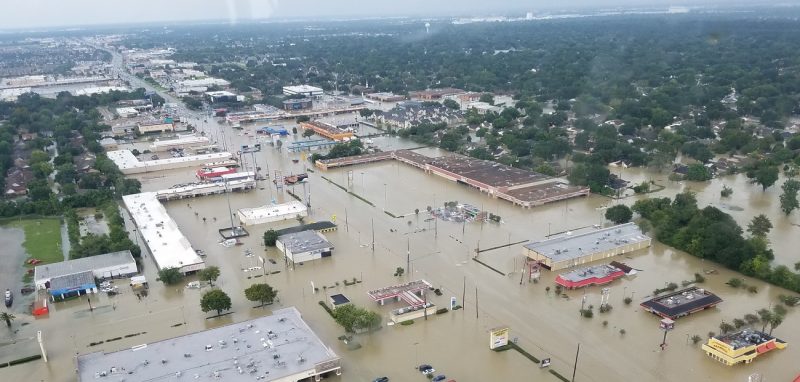Demand may fall for homes in areas at high risk of natural disasters, such as flooding and wildfires, which could cause price growth to slow. A new realtor.com® analysis shows that properties in such areas will likely see 5% less price growth in 2021 than homes in similar areas at low risk of natural disaster.
This trend is already rising. Homes in high-risk flood areas have seen a sales price growth of 5 percentage points lower than similar homes in low-risk areas over the last five years, realtor.com® notes. For homes in high-risk wildfire areas, properties saw a 3-percentage-point-lower increase.
“As the impacts of climate change and worsening natural disasters become more well known, it’s natural for home shoppers to take these factors into account when deciding the purchase price of a home, and tools that make information about these risks more available to buyers will help them make good decisions,” says Danielle Hale, realtor.com®’s chief economist. “When buying a home in a flood- or fire-prone area, home shoppers should budget for the added costs of home insurance, mitigation practices, and potential losses—which can add to the total cost of ownership for the home.”
Realtor.com® found that over the last five years, homes with severe or extreme risk of flooding in 78 coastal counties with hurricane-related disaster declarations saw a growth in sales price per square foot of 25%. That compares to 29% for homes with moderate or major risk and 30% for homes with minimal or low risk.
“The impact of flood risk on home prices appears to be getting more pronounced over time,” realtor.com® notes in its study. “In 2014, 33 of the 78 counties studied saw high-risk properties appreciate slower than those with less risk, while in 2019, this was true of 40 counties. The trend was most pronounced in Delaware, Florida, Massachusetts, and Maryland.”
Home prices tend to be the most vulnerable following a hurricane or extreme weather event.
Properties in wildfire-prone areas also are appreciating more slowly. For example, between 2014 and 2019, the prices of homes in California within a one-mile radius of historical fire perimeters increased by 32% compared to 35% for other homes in the same county. Price gaps were most evident in Lake, Solano, Monterey, Los Angeles, and Sonoma Counties, according to realtor.com®’s study.
Source: realtor.com®













